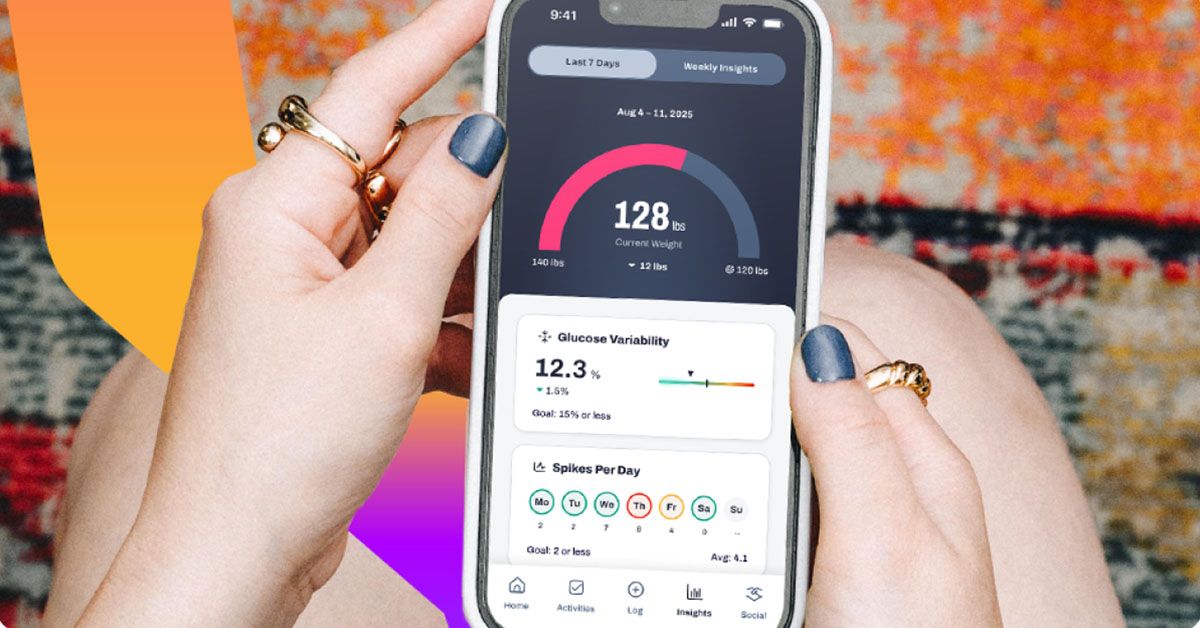Adult Acne SOS: Causes, Top Treatments, and Dermatologist-Approved Lifestyle Tips

Acne isn't just a teenage problem. Millions of adults struggle with breakouts, leaving them feeling frustrated and self-conscious. If you're dealing with persistent pimples, blackheads, or cystic acne, you're not alone. This comprehensive guide dives deep into the world of adult acne, exploring the surprising causes, the most effective treatments (including dermatologist favorites), and crucial lifestyle adjustments to help you achieve clearer, healthier skin.
Understanding Adult Acne: It's More Than Just Hormones
While hormonal fluctuations (like those related to menstruation, pregnancy, or menopause) are a significant factor in adult acne, they’re not the only culprit. Other common triggers include:
- Stress: Elevated cortisol levels can exacerbate inflammation and oil production.
- Diet: Certain foods (more on that below!) can contribute to breakouts.
- Skincare Products: Using comedogenic (pore-clogging) ingredients can worsen acne.
- Medications: Some medications, like corticosteroids, can trigger or aggravate acne.
- Underlying Medical Conditions: In rare cases, acne can be a symptom of an underlying medical condition.
Top Treatments for Adult Acne: What Really Works?
The good news is there are effective treatments available! Here's a breakdown of popular options, categorized by severity:
- Mild Acne (Blackheads, Whiteheads): Over-the-counter (OTC) products containing salicylic acid or benzoyl peroxide can be helpful. Look for gentle cleansers and spot treatments.
- Moderate Acne (Papules, Pustules): Consider prescription-strength topical retinoids (like tretinoin) or a combination therapy product.
- Severe Acne (Cystic Acne, Nodules): A dermatologist may prescribe oral antibiotics, hormonal therapies (for women), or isotretinoin (Accutane), a powerful medication that requires careful monitoring.
- Professional Treatments: Chemical peels, microdermabrasion, and laser therapy can address acne and scarring, but discuss the risks and benefits with a dermatologist.
Dermatologist-Approved Lifestyle Tweaks for Clearer Skin
Your lifestyle plays a HUGE role in your skin's health. Here’s what dermatologists recommend:
- Sun Protection is Key: Acne treatments can make your skin more sensitive to the sun. Wear a broad-spectrum SPF 30 or higher daily.
- Don't Pick or Squeeze: This can lead to inflammation, scarring, and infection.
- Cleanse Gently: Wash your face twice daily with a mild, non-comedogenic cleanser.
- Hydrate: Drink plenty of water to keep your skin hydrated.
Foods to Avoid (or Limit) According to Dermatologists
While diet isn't the sole cause of acne, certain foods can trigger breakouts in some individuals. Dermatologists often advise limiting:
- High-Glycemic Foods: Sugary drinks, white bread, and processed foods can spike blood sugar and insulin levels, leading to increased oil production.
- Dairy: Some studies suggest a link between dairy consumption and acne.
- Fast Food: Often high in unhealthy fats and processed ingredients.
Important Note: Everyone's body is different. Pay attention to how your skin reacts to different foods and adjust your diet accordingly.
When to See a Dermatologist
If your acne is severe, persistent, or causing you significant distress, it's time to consult a dermatologist. They can accurately diagnose your condition, recommend the most appropriate treatment plan, and help you achieve clearer, healthier skin.






